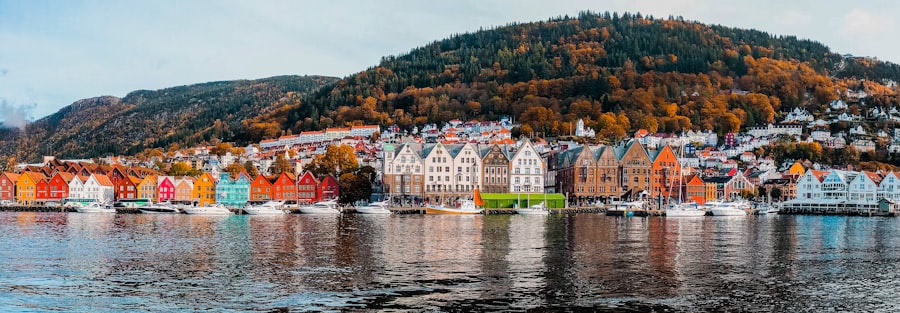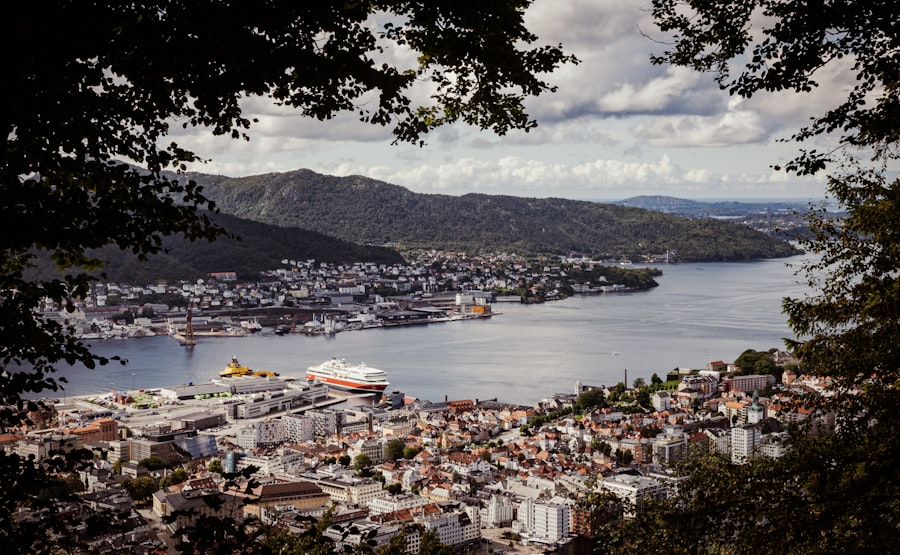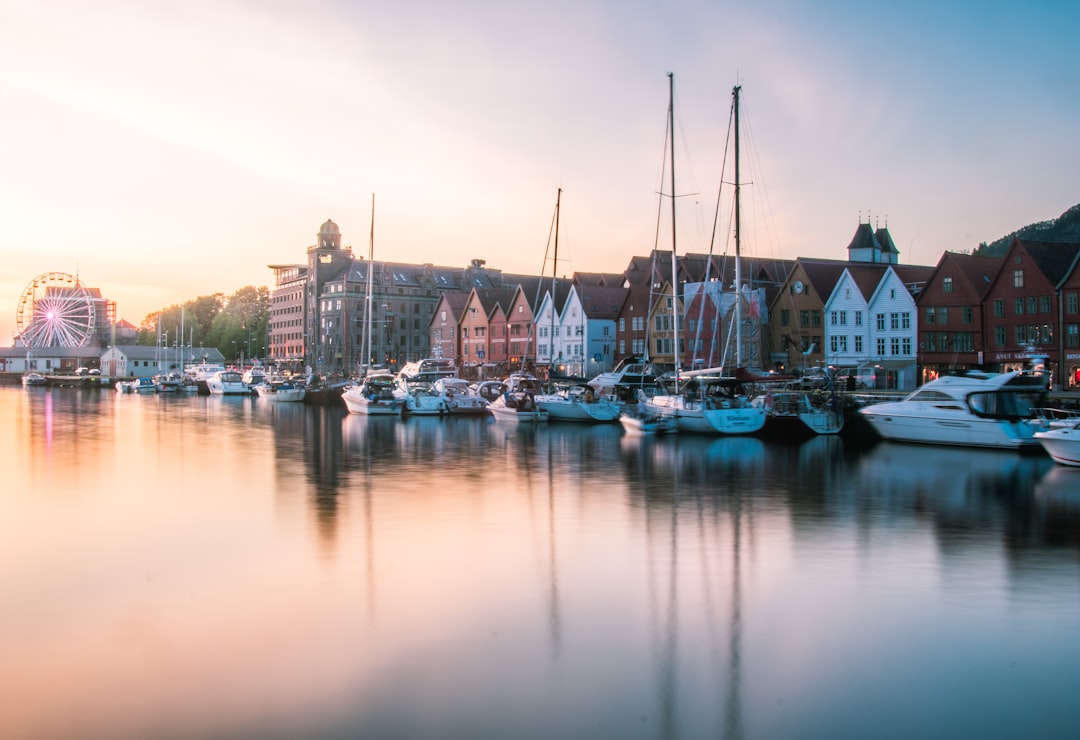International Women’s Day, celebrated annually on 8th March, has a rich and varied history that dates back to the early 20th century. The origins of this significant day can be traced to the labour movements in North America and Europe, where women began to demand better working conditions, the right to vote, and an end to gender discrimination. The first official observance of International Women’s Day took place in 1911, when over a million women and men attended rallies across Austria, Denmark, Germany, and Switzerland.
This event marked a pivotal moment in the fight for women’s rights, as it brought attention to the struggles faced by women in various spheres of life. The day gained further momentum in 1917 when Russian women initiated a strike for “bread and peace” on the last Sunday of February, which fell on 8th March in the Gregorian calendar. This strike was a catalyst for the Russian Revolution, leading to the abdication of Tsar Nicholas II and the eventual granting of women’s suffrage in Russia.
Over the decades, International Women’s Day has evolved into a global celebration of women’s achievements while also serving as a platform for advocating gender equality and women’s rights. Today, it is recognised by the United Nations and celebrated in numerous countries worldwide, each with its unique customs and traditions. Your journey to a smooth relocation starts here. Talk one-on-one with a Norway Relocation specialist and turn your plan into a reality. https://norwayrelocation.no/one-hour-strategy-session/
Summary
- International Women’s Day originated from the women’s rights movement in the early 20th century, with the first official celebration taking place in 1911.
- In Norway, International Women’s Day is an important occasion to highlight gender equality and women’s rights, and to celebrate the achievements of women in various fields.
- Norway is known for its strong commitment to women’s rights and gender equality, with policies and initiatives in place to promote equal opportunities and representation.
- Public events and demonstrations are held across Norway on International Women’s Day to raise awareness about women’s issues and advocate for gender equality.
- Political engagement and advocacy play a crucial role in advancing women’s rights in Norway, with women actively participating in decision-making processes and advocating for policy changes.
Importance of International Women’s Day in Norway
In Norway, International Women’s Day holds significant importance as it serves as a reminder of the ongoing struggle for gender equality and women’s rights. The country is often lauded for its progressive policies and high ranking in global gender equality indices; however, challenges remain. The observance of this day provides an opportunity for Norwegians to reflect on the progress made and the work that still needs to be done.
It encourages discussions about women’s roles in society, their contributions to various sectors, and the barriers they continue to face. Moreover, International Women’s Day in Norway is not merely a day of celebration; it is also a call to action. Various organisations and groups use this occasion to highlight issues such as domestic violence, pay gaps, and underrepresentation in leadership positions.
By raising awareness about these pressing matters, the day fosters a sense of solidarity among women and their allies, galvanising them to advocate for change. The importance of this day is further underscored by the participation of men and boys, who are encouraged to join the conversation and support gender equality initiatives.
Women’s Rights and Equality in Norway

Norway is often heralded as a beacon of gender equality, consistently ranking among the top countries in the world for women’s rights. The nation has implemented a range of policies aimed at promoting equality, including generous parental leave schemes, subsidised childcare, and strong anti-discrimination laws. These measures have contributed to a high level of female participation in the workforce and have empowered women to pursue careers across various fields.
However, despite these advancements, challenges persist. One significant issue is the gender pay gap, which remains a concern even in a country known for its progressive stance on equality. Women in Norway still earn less than their male counterparts for similar work, highlighting the need for continued advocacy and policy reform.
Additionally, while women are well-represented in politics and public life, there is still work to be done to ensure that women from diverse backgrounds have equal opportunities to participate fully in society. The ongoing dialogue surrounding women’s rights in Norway serves as a reminder that while progress has been made, vigilance is necessary to maintain and advance these hard-won gains.
Public Events and Demonstrations
Public events and demonstrations play a crucial role in commemorating International Women’s Day in Norway. Each year, cities across the country come alive with rallies, marches, and gatherings that draw attention to women’s rights issues. These events provide a platform for individuals to voice their concerns, share their experiences, and advocate for change.
The atmosphere is often one of solidarity and empowerment, as participants come together to celebrate achievements while also demanding further progress. In Oslo, for instance, large-scale demonstrations attract thousands of participants who march through the streets carrying banners and chanting slogans that promote gender equality. These events often feature speeches from activists, politicians, and community leaders who highlight key issues affecting women today.
The visibility of these demonstrations serves not only to raise awareness but also to inspire action within communities. By coming together on this day, individuals reaffirm their commitment to fighting for women’s rights and ensuring that future generations inherit a more equitable society.
Political Engagement and Advocacy
Political engagement is a vital aspect of advancing women’s rights in Norway. On International Women’s Day, various political parties and organisations take the opportunity to reaffirm their commitment to gender equality through policy proposals and advocacy efforts. This engagement is crucial for ensuring that women’s voices are heard at all levels of government and that their needs are addressed in legislative agendas.
In recent years, there has been a growing emphasis on intersectionality within political discourse in Norway. Activists are increasingly advocating for policies that consider the diverse experiences of women from different backgrounds, including those from minority communities or lower socio-economic statuses. This shift towards inclusivity is essential for creating comprehensive solutions that address the unique challenges faced by all women.
Political engagement on International Women’s Day serves as a reminder that advocacy must continue beyond this single day; it requires sustained effort throughout the year to effect meaningful change.
Workplace Initiatives and Campaigns

Workplace initiatives aimed at promoting gender equality are increasingly prevalent in Norway, particularly around International Women’s Day. Many companies use this occasion to launch campaigns focused on creating more inclusive work environments. These initiatives often include training programmes on unconscious bias, mentorship opportunities for women, and policies aimed at closing the gender pay gap.
Furthermore, organisations may host events or workshops that encourage discussions about work-life balance, career advancement for women, and strategies for overcoming barriers in male-dominated industries. By fostering an open dialogue about these issues within workplaces, companies can create cultures that support women’s professional growth and development. The emphasis on workplace initiatives during International Women’s Day highlights the importance of addressing gender equality not only at a societal level but also within individual organisations.
Cultural Celebrations and Art Exhibitions
Cultural celebrations and art exhibitions are integral components of International Women’s Day festivities in Norway. Various galleries and cultural institutions organise events that showcase the work of female artists or highlight themes related to women’s experiences. These exhibitions serve as powerful platforms for raising awareness about gender issues while also celebrating women’s creativity and contributions to the arts.
In addition to visual arts, performances such as theatre productions or music concerts may be held to honour women’s stories and achievements. These cultural events provide an opportunity for communities to come together in celebration while also engaging in critical conversations about gender equality. By amplifying women’s voices through art and culture, these initiatives contribute to a broader understanding of the challenges faced by women today.
Educational Workshops and Seminars
Educational workshops and seminars are essential components of International Women’s Day celebrations in Norway. Various organisations host events aimed at educating individuals about women’s rights issues, gender equality policies, and strategies for advocacy. These workshops often feature expert speakers who share insights on topics such as reproductive rights, domestic violence prevention, and workplace equality.
By providing educational resources and fostering discussions around these critical issues, these events empower participants to become advocates for change within their communities. Furthermore, they encourage individuals to reflect on their own roles in promoting gender equality and inspire them to take action beyond International Women’s Day. The emphasis on education underscores the importance of informed advocacy in driving progress towards a more equitable society.
Social Media Campaigns and Awareness-raising
In today’s digital age, social media plays a pivotal role in raising awareness about International Women’s Day and promoting gender equality initiatives in Norway. Various organisations leverage platforms such as Instagram, Twitter, and Facebook to share information about events, campaigns, and resources related to women’s rights. These online campaigns often feature powerful imagery and personal stories that resonate with audiences, encouraging them to engage with the cause.
Hashtags such as #IWD2023 or #InternationalWomensDay serve as rallying points for individuals to share their experiences or express solidarity with women’s rights movements. Social media campaigns not only amplify messages but also foster connections among individuals who are passionate about advocating for change. By harnessing the power of digital platforms, these initiatives help ensure that discussions around gender equality remain visible and relevant throughout the year.
Community and Grassroots Organisations
Community and grassroots organisations play a vital role in advancing women’s rights in Norway, particularly during International Women’s Day celebrations. These organisations often work at the local level to address specific issues affecting women within their communities. They provide essential services such as counselling for survivors of domestic violence or support networks for single mothers.
On International Women’s Day, many grassroots organisations organise events that bring together community members to discuss local challenges related to gender equality. These gatherings foster collaboration among individuals who share a common goal of advocating for women’s rights. By empowering local voices and addressing community-specific issues, these organisations contribute significantly to the broader movement for gender equality in Norway.
Future Challenges and Goals for Women in Norway
While Norway has made significant strides towards achieving gender equality, future challenges remain on the horizon. One pressing issue is ensuring that progress continues amidst changing political landscapes both domestically and globally. As discussions around women’s rights become increasingly polarised in some regions, it is crucial for advocates in Norway to remain vigilant against potential setbacks.
Additionally, addressing intersectionality within the feminist movement will be essential for ensuring that all women benefit from advancements in rights and opportunities. This includes recognising the unique challenges faced by women from diverse backgrounds and advocating for policies that address these disparities effectively. As Norway looks towards the future, setting ambitious goals for women’s rights will be vital in maintaining its status as a leader in gender equality while inspiring other nations to follow suit.
In conclusion, International Women’s Day serves as both a celebration of achievements and a call to action for continued advocacy towards gender equality in Norway. Through public events, political engagement, workplace initiatives, cultural celebrations, educational workshops, social media campaigns, community involvement, and an unwavering commitment to addressing future challenges—Norwegians demonstrate their dedication to creating a more equitable society for all women. As we reflect on the progress made thus far, it is essential to remain steadfast in our pursuit of justice and equality for generations to come.
Register for a Norwegian class at the NLS Norwegian Language School now!

